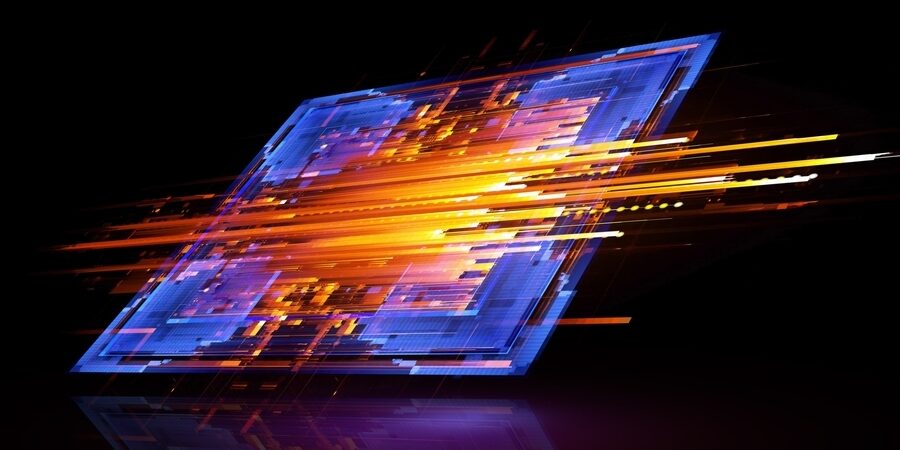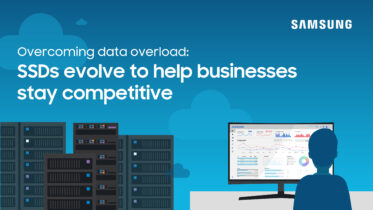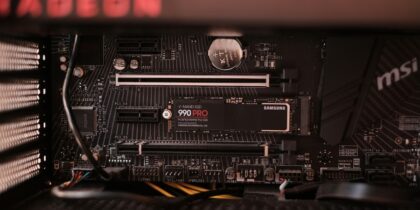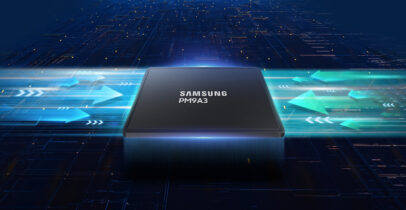Companies are increasingly pursuing digital transformation to fuel business growth and drive efficiencies, and that includes investing in artificial intelligence (AI) and the internet of things (IoT).
Through AI, organizations can automate business or IT tasks, improve customer service using AI-powered chatbots or quickly analyze large volumes of data to make smarter business decisions. By understanding customer preferences, for example, companies can build new services or personalize marketing offers, which can boost revenue.
IoT adoption is also gaining steam. Businesses in manufacturing, transportation, retail and other industries are leveraging IoT to collect and analyze real-time data on the performance and health of their equipment so that they can perform predictive maintenance, increase operational efficiencies and improve safety. In some cases, organizations are deploying IoT and AI together, creating more opportunities to gain actionable insights from the IoT data.
To be successful, AI and IoT initiatives require high-speed data analytics, and to accomplish that, they need high-performance computing, storage and networks. On the storage front, that means access to high-performance solid state drives (SSDs), such as the Samsung DCT family of NVMe data center SSDs.
AI and IoT performance requirements
AI and IoT have many of the same performance requirements, and a storage solution powered by NVMe SSDs can help meet those requirements. For example, speed and security are important: To produce insights on data, such as real-time recommendations, organizations must capture, store and analyze data in real-time.
In many cases, that may require companies to build edge data centers, which ensure fast performance because computing power and data storage are located closer to where the data is generated. Small data centers in manufacturing plants, branch offices or retail stores are examples of edge data centers.
How over-provisioning SSDs impacts performance
Get your free white paper on how over-provisioning of SSDs can improve memory performance. Download Now
For AI to work, organizations must perform AI training, in which machine learning algorithms are trained using big data sets. Once a machine learning algorithm is trained, it can perform AI inference, which puts a trained model to work to draw conclusions or make predictions.
As for security, data confidentiality and data integrity are also critical to ensure that data is not altered in an unauthorized manner.
Why having AI and IoT on-premises is better
Businesses have the option of turning to hyperscale public cloud providers to manage and run their AI, IoT and data analytics applications. However, many companies choose to conduct these processes in-house with their own on-premises central and edge data centers because performance is much faster.
Doing so in-house instead of going to the cloud can reduce network latency and speed up data analytics, which are key to AI and IoT. Staying on premises can also bolster security. Organizations that have data sovereignty rules can keep the data in-house and not in the cloud.
Why NVMe SSDs enable AI and IoT applications
The Samsung family of data center SSDs (the 983 DCT, 883 DCT and 860 DCT) are best positioned to meet the immense data needs of AI and IoT. They provide much faster performance than old-fashioned HDDs and are specially designed for high-performance needs, such as AI, IoT, data analytics and content delivery networks.
The Samsung 983 DCT NVMe SSD is a blazing-fast storage solution for servers. The 983 DCT SSD, which supports capacities of 960 GB and 1.9 TB, provides maximum read speeds of up to 3,000 MB/s and maximum write speeds of up to 1,430 MB/s in the M.2 form factor.
The NVMe protocol to connect to servers was purpose-built for flash memory and can significantly speed up application performance.
Samsung’s data center SSDs are also secure and protect data from hackers and cyberattacks. Security features include hardware-based full-disk encryption, which is more secure than software-based encryption available on HDDs.
Organizations that want to take advantage of new AI and IoT applications need to build strong, reliable IT infrastructure that meets performance expectations. Learn more about how Samsung’s DCT SSDs meet these expectations on the storage front.








